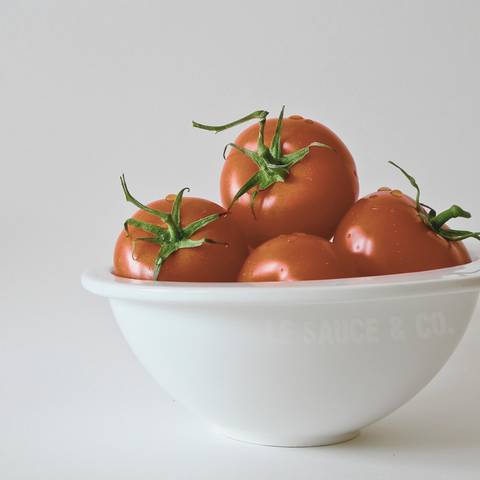Exploring the benefits of offering products in two serving sizes to reduce food waste and the environmental impact.
The Impact of Food Waste
Food waste is a significant issue that affects not only our environment but also our economy and society as a whole. When food is wasted, all the resources that went into producing it, such as water, energy, and labor, are also wasted. According to the Food and Agriculture Organization of the United Nations, about one-third of the food produced for human consumption is lost or wasted globally each year. This amounts to approximately 1.3 billion tons of food, which is a staggering amount considering the number of people around the world who are suffering from hunger.
In addition to the resources wasted, food waste also contributes to greenhouse gas emissions. When organic waste, such as food scraps, ends up in landfills, it decomposes and produces methane, a potent greenhouse gas that is a major contributor to climate change. By reducing food waste, we can significantly reduce our carbon footprint and mitigate the effects of climate change.
It is crucial for individuals, businesses, and governments to take action to minimize food waste and its impact on our planet. One of the ways Le Sauce & Co. is addressing this issue is by offering our products in two serving sizes, reducing the likelihood of leftovers being thrown away.
Benefits of Two Serving Sizes
By offering our products in two serving sizes, we aim to minimize food waste and provide our customers with more flexibility. Here are some of the benefits:
- Reduced leftovers: With two serving sizes available, consumers have the portion size that best matches their appetite, reducing the chances of having excess food that might go to waste.
- Customizable portions: Different individuals have different dietary needs and preferences. By offering two serving sizes, we allow our customers to have more control over their portion sizes and cater to their specific requirements.
- Better meal planning: With the option of two serving sizes, consumers can plan their meals more effectively, ensuring that they use all the ingredients without any leftovers. This can lead to more efficient grocery shopping and less food waste overall.
- Cost savings: By offering two serving sizes, customers can choose the portion size that fits their budget, potentially saving money by avoiding purchasing more food than they need.
Environmental Benefits of Pouch Packaging
In addition to offering our products in two serving sizes, we also use pouch packaging to further reduce our environmental impact. Here are some of the environmental benefits of pouch packaging:
- Reduced carbon footprint: Pouch packaging requires less energy and resources to produce compared to traditional glass packaging. It has a lower carbon footprint throughout its lifecycle, from manufacturing to transportation.
- Lightweight and space-efficient: Pouches are lightweight and flexible, allowing for more efficient transportation and storage. This means fewer trucks on the road and less fuel consumption, resulting in reduced greenhouse gas emissions.
- Reduced waste: Pouch packaging helps minimize waste by using less material compared to other packaging options. Additionally, pouches can be easily flattened and take up less space in pantries.
- Extended shelf life: Pouches provide excellent protection against oxygen and light, helping to extend the shelf life of our products. This can reduce food waste by preventing spoilage and ensuring that our gourmet sauces remain fresh for longer.
Tips for Consumers to Reduce Food Waste
Reducing food waste is a collective effort that involves both businesses and consumers. Here are some tips for consumers to minimize food waste in their daily lives:
- Plan meals and make a shopping list: Planning meals in advance and creating a shopping list can help consumers buy only what they need, reducing the chances of food going to waste.
- Proper storage: Storing food correctly, such as in airtight containers or pouches, can help extend its shelf life and maintain its freshness.
- First in, first out: When organizing the refrigerator or pantry, consumers should prioritize using items that are closer to their expiration dates to prevent them from going to waste.
- Use leftovers creatively: Leftovers can be transformed into new meals or snacks. Get creative in the kitchen and find ways to repurpose leftover ingredients.
- Composting: Instead of throwing away food scraps, consumers can consider composting them. Composting not only reduces waste but also creates nutrient-rich soil for gardening.
- Donate excess food: If consumers have excess food that they cannot consume, they can consider donating it to local food banks or shelters to help those in need.
The Importance of Minimizing Food Waste
Minimizing food waste is not only beneficial for the environment but also for society as a whole. By offering our gourmet sauces in two serving sizes and using pouch packaging, Le Sauce & Co. is committed to reducing food waste and its environmental impact. However, it is essential for everyone to play their part in minimizing food waste. By adopting sustainable practices, such as meal planning, proper storage, and creative use of leftovers, consumers can make a significant difference. Together, we can work towards a more sustainable food system and ensure that no food goes to waste.



Comments (0)
There are no comments for this article. Be the first one to leave a message!